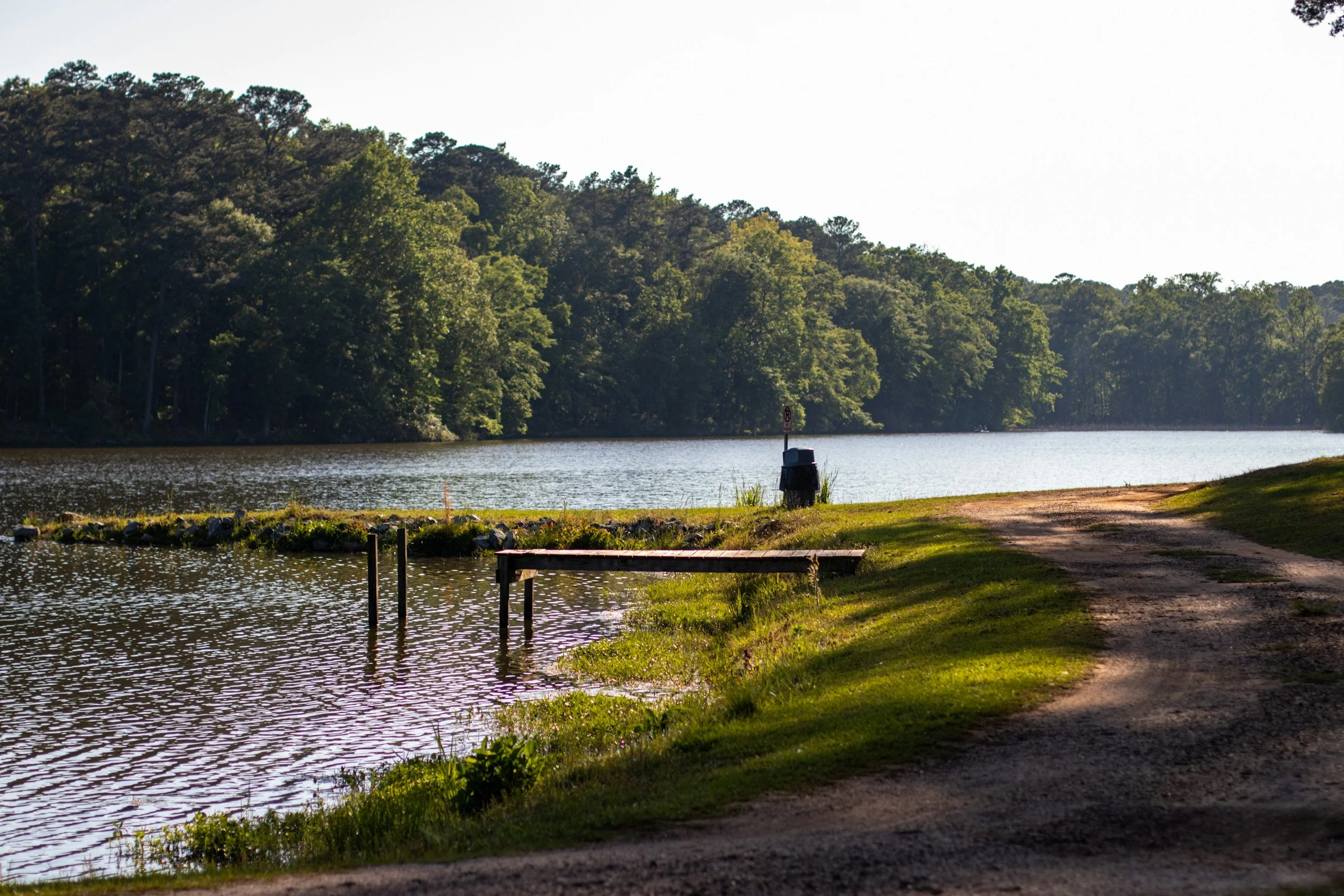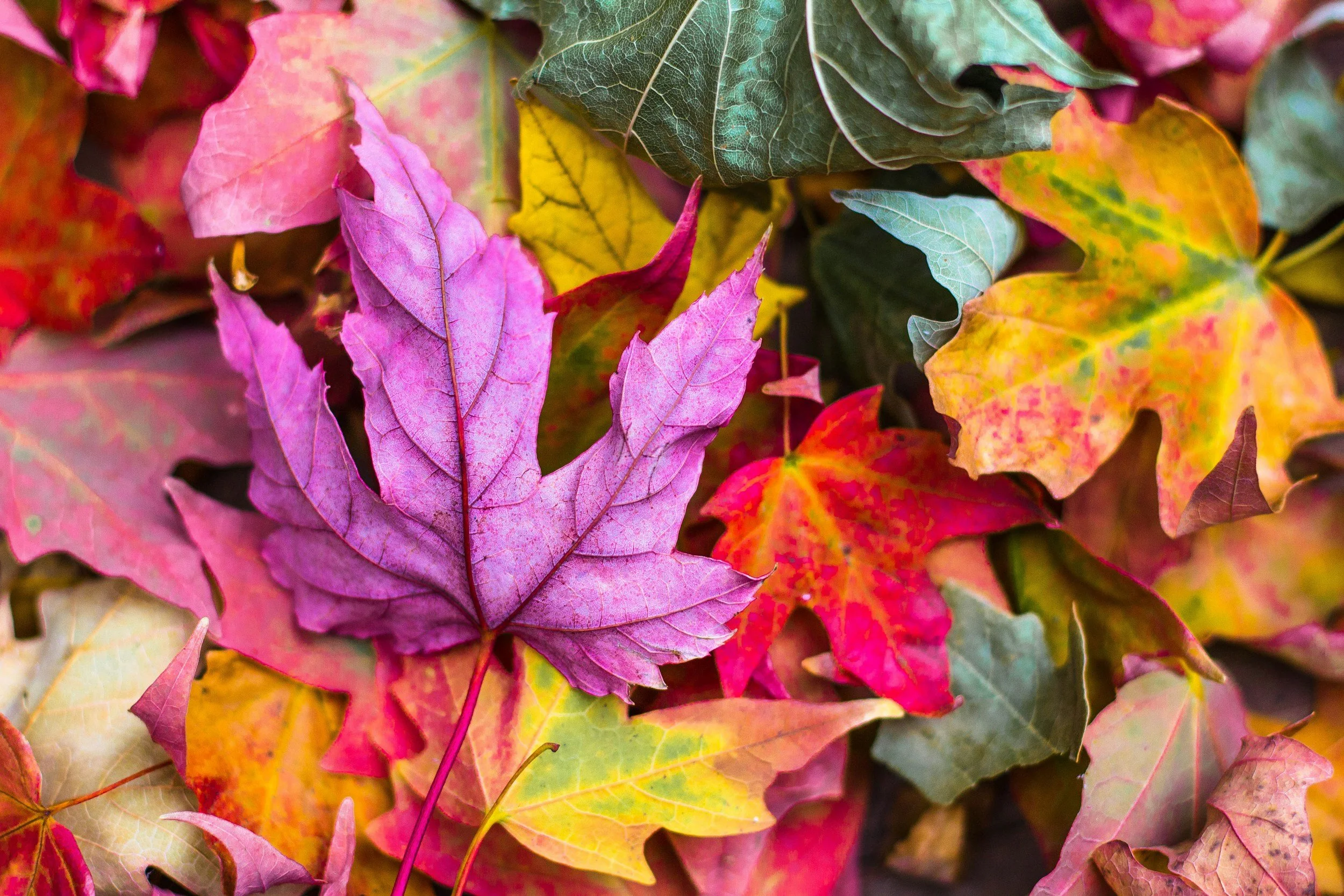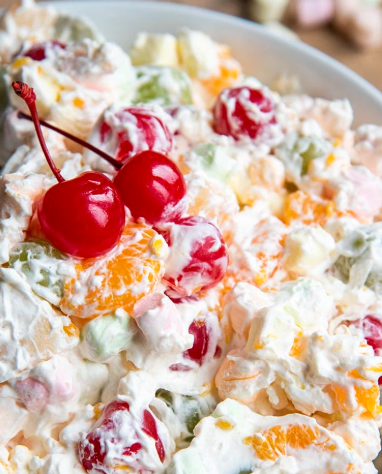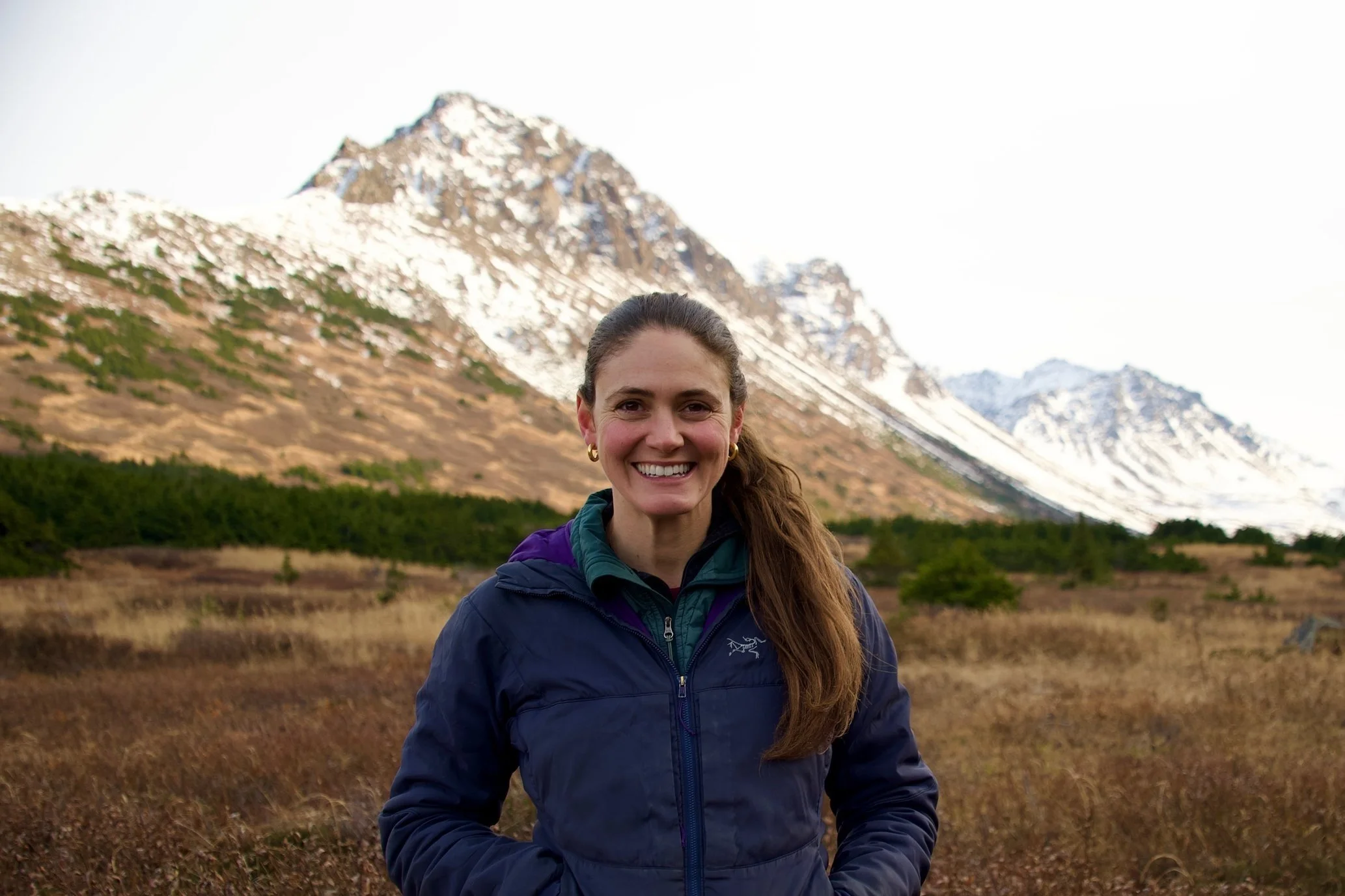Tundra Moon
A few summers ago, I sat next to my dog on a pile of ice-coated rocks in the Brooks Range of Alaska, afraid that my soon-to-be-husband had fallen off a cliff.
Earlier that morning, the three of us had woken to frozen hiking boots and ice crystals etched on our tent. Cooking oats, making cowboy coffee, and breaking down camp all took longer than usual since we had to keep pausing to warm our hands. Later that morning, we scrambled up shale and scree and patches of snow, gaining elevation as we headed toward the saddle. Mason, our dog, trailed us, loaded down by his blue saddlebags. When we reached the pass, we took photos, ate peanut butter balls, and expressed amazement — we were really doing it! Since David, my almost-husband, and I had first started dating in college, about six years before, we’d dreamed that we’d one day take on an adventure this ambitious.
When we looked to the valley we’d travel through next, all we could see was a thick wall of fog. We started our descent, trying to wedge our boots into the frozen scree. The rocks were frozen together, their surface quilted with ice. I’d planned most of our trip and had done more treks like this than David had, but as we moved down the rocky slope, barely able to see more than twenty feet ahead, I was more scared. I prided myself on defying gender norms — chopping my own wood, catching my own fish, winter camping on my own — and it seemed so stereotypical, asking David to hold my hand. Our other upcoming adventure (marriage) would require me to get used to this unfamiliar degree of reliance.
The terrain kept getting steeper. It turned from icy scree into a series of cliffs. As wind pushed the clouds, bigger cliffs emerged around us. We climbed down some short sections of slippery rock, but when the sheer drops grew, neither of us saw a good way down. David suggested I wait with Mason while he scoped out a path ahead. Despite my stories about being brave and strong and able to rough it alone, I agreed, relieved he was taking the reins.
That’s how I found myself waiting on ice-coated rocks with my husky, who looked as nervous as I was. It wasn’t long before I started wondering why David had been gone for so long. It was eerily quiet. As the wind blew, more cliffs appeared from behind the clouds — gothic and imposing. I imagined David slipping and falling off one of them. I felt stuck, cold, and scared, regretting that I’d sent David off to scout alone, praying he was okay. Here was what I’d signed up for in our life together: an exceptional need for this one human.
We’d embarked on this trip on the cusp of commitment and had left a few days before the icy rocks, estimating our 300-mile journey would take six weeks, including a short stay at a cabin we were walking toward. We’d get married a month later, so nicknamed our journey Tundra Moon. It was the opposite of a typical honeymoon. We went before, rather than after, our wedding. Our feet were seldom dry, let alone warm. Most dinners consisted of dehydrated beans and cheese. We teased that the obstacles we’d face on our journey were all preparation for marriage.
When I spotted David from the icy rocks, my body released with relief. We shouldered our packs and walked to the route he’d found. He showed me one short drop, about eight feet, we’d have to climb down. It didn’t look great, but the surrounding cliffs were all at least fifty-feet high and streaked with frozen waterfalls, so I turned into the slope, pressed my boot into rock, and reminded myself to breathe. Mason whined above me.
When David and I reached the bottom of the valley, we looked back at the route we’d traveled. We’d threaded the needle between cliffs. I couldn’t imagine having found that path without David. That dependence both scared and thrilled me. Getting married would mean trading in my solo identity for something else: the life we’d build together. I was excited to become a team, though scared at times, too — like I might lose the qualities that gave me worth as our lives merged.
We were about to call for Mason when we saw him descending the slope, rocks tumbling below his paws. A huge smile spread across my face. He was the world’s best dog — he’d even waited until we were out of the way to avoid rock fall. The three of us climbed out of the valley, a budding family unit, as winds rattled our coats, scoured the rocks, and shook the leaves of sorrel.
*
A few days later, we stopped in Anaktuvuk Pass, an Iñupiaq village where we picked up seven flat-rate boxes of human and dog food. From there, we’d carry a fourteen-day food supply, plus much of Mason’s food, since his paws were sore. When we weighed our packs in Anaktuvuk, they weighed around eighty pounds.
After we left town, we walked up Ekukpuk Creek. The valley was beautiful: burgundy dwarf birch, golden willows, slanted fall light. It was hard to focus on the landscape, though, with eighty pounds digging into my shoulders and the marshy land squelching underfoot. The tundra took concentration to walk across; it was covered with tussocks — wobbly lumps, sometimes the size of bowling or beach balls. We weren’t hiking anymore; we were trudging.
I wasn’t used to feeling so squashed. I’d spent the summer leading young people on monthlong backcountry trips around Alaska. I’d done grueling personal trips, too, including skiing 250 miles through the Brooks Range, completing a fifteen-day solo backpacking and rafting trip, camping alone for weeks during the Arctic winter. Slogging up Ekukpuk, I felt weak in body and mind — daunted by the minutes between us and our next break, the hours between us and our sleeping bags, the hundreds of miles between us and the cabin on the other side of the Range. It wasn’t just my muscle fibers that were breaking down on Ekukpuk. My sense of self was, too.
It didn’t help that David looked like he was doing fine. I imagined the miles he’d cover without me, as well as the life he could lead without me. In our relationship, I feared he should have chosen a better fit — someone who’d been raised Jewish like him, rather than converted; someone who’d wanted to live in South Africa, where he’d been living, rather than drag him to Alaska. Walking slower was just the latest evidence I wasn’t enough for him. I couldn’t imagine that David might see me slog through the tundra at half-a-mile per hour, tears streaming down my windburned cheeks, and think with pride, that woman will be my wife.
At some point, we paused to make coffee. As the water boiled, I told David how I felt.
“What good do you think you’re doing out here?” David asked.
“Nothing,” I said.
“That’s scary,” he said. “Come on.”
I said I’d spotted seven moose that morning.
“Yes,” he said, “and most of the wildlife we’ve seen on this trip. What else?”
“Reluctantly continuing,” I said.
“You mean you don’t want to be here?” he asked.
“No, I do!” I said. “I just mean that I’m tired and keep going.”
“What about Mason?”
“I’m dragging him through suffering!” I said.
“Yes,” David said. “But you nuzzle him.”
I looked at Mason, napping on the gravel, and grinned. We got to a good place, and as we made up, our hands made their way inside each other’s jackets. Light affection got heavier, and we peeled off just enough layers before immediately zipping ourselves up again.
*
I’d known David for almost a decade. We’d been friends in college, then dated for a couple of years post-graduation. In our early twenties, though, we broke up — largely due to my drive for solitude. I often regretted our decision to split, though, and when we bumped into each other after two-and-a-half years residing on different continents, we rapidly decided to spend our lives together.
We were among the first of our friends to get engaged and then to marry. This surprised me; I’d spent a lot of my twenties single — living in remote shacks and taking long solo camping trips, not exactly on a clear path to the aisle. When David and I decided to spend our lives together, though, choosing to get married seemed out-of-the-ordinary, like the more conventional option was in fact the more radical one.
“Shock and awe,” we mused, during the one conversation in which we decided to get engaged — a mere six weeks after seeing each other for the first time since our breakup. At the time, I was living in Kotzebue, Alaska; David was living in Cape Town, South Africa. The average flight time between our two cities was 59 hours 35 minutes.
Before getting engaged to David, my confidence had largely relied on the fact that men who didn’t know me particularly well developed crushes. Suitors dazzled me with compliments: one described me as “luminous;” another said I had a smile like “none of a kind.” For these men, I was an image, a mirage. When spending every waking minute slogging across the tundra with David, I could no longer share only my most sparkly self.
Almost everyone agrees that marriage is hard. When I used to hear this, I imagined I’d like the ways it was hard: I pictured juicy conversations about our feelings in which I’d gaze lovingly into my spouse’s eyes, nodding with compassion and understanding. We’ve now been married a few years, and sometimes, it’s been like that, but a lot of the time, the difficulties have been actually hard. The challenge often lies in being tender when I don’t feel like it, in turning toward David when all I want is to tense up and turn away, in listening to his feedback without falling apart. Perhaps hardest of all has been letting David witness me during moments when I feel my lowest, and somehow trusting he’ll still like me.
*
Two weeks after stopping in at Anaktuvuk Pass, we reached our next food supply; I’d mailed seven other flat-rate boxes to a friend, who kindly dropped them at his remote cabin in the middle of the Brooks Range and told us we could dry out there for a few days. We rested there, eating cheese, and sleeping late, then prepared for the last leg of the trip. When we lifted our packs, weighed down by another fifteen-day food supply, I had an unfortunate realization: a urinary tract infection. I dropped and lifted my pack every time I peed, which went from every hour to every twenty minutes to every five. I started squatting with the pack still on. My thighs ached as my pelvis lit up with pain.
I felt humiliated — wrecked by discomfort, wracked by fear. We didn’t have enough food to dawdle, though. We also didn’t have antibiotics. The nearest doctor was hundreds of miles away. I imagined various worst-case scenarios: spending the next two weeks peeing every five minutes; running a fever as the infection spread to my kidneys; waiting for a plane that was delayed because of bad weather.
David suggested we stop and camp. Camping didn’t seem like it would solve anything, though.
“I’m worried,” he said.
I wiped tears with the back of my hand and insisted we keep going. We argued, then David paused.
“Okay, there’s a bear,” he said.
Ahead of us, about thirty yards away, stood a blond grizzly. The bear had been snacking on roots and berries, but when he saw us, lifted tall on his hind legs to sniff the air. We fumbled for our bear sprays and I reminded myself to breathe. The bear lifted his snout into the air, shifting it side to side to get a sniff. We kept waving our arms, then the bear dropped on all fours and ran the other way.
“You love to see that,” I said, relaxing into my first smile of the day.
I’d been locked in my internal landscape, as well as the landscape that stretched between me and David. I’d forgotten it wasn’t just the two of us.
We stopped to camp that afternoon, and David picked wormwood and cranberries for me. He hauled water and I drank as much as I could. We napped, ate pasta, snuggled Mason, admired the Alatna valley. I showed signs of improvement, and felt gratitude — for my health, for David’s care. He’d been so thoughtful — once I’d let him see and help me, even when it wasn’t the self I wanted to show.
*
As we neared the cabin, we ran out of fuel and started cooking over a fire. Food pickings turned slim, so we turned one dinner’s worth of dehydrated beans into four. When we ran out of beans, we dumped spices into a pot of water so it’d taste like food.
In mid-September, day thirty-one of our trip, we paddled down the river in rafts we’d carried in our packs, now stitched with frost. Yellow birch leaves shimmied and sunlight filtered between the peaks. Mason trotted on shore and looked as happy as we felt when we landed on the beach in front of the cabin. We raced up the cottonwood trail, pushed open the door, and raided the kitchen. We found a Lindt chocolate bar, macadamia nuts, jars of trout and wild blueberries, dog food. We feasted like maniacs.
*
A handful of weeks later, and thousands of miles away, we’d stand under a chuppah and exchange rings. We’d get lifted in chairs and I’d shriek. We’d dance to “You Are The Best Thing.” That night, I’d stare at David in bed, wanting to wake him and say, “We’re married!”
A year of marriage would pass, most of it during the pandemic. Our lives would have plenty of sweetness, yet there would be shadows, too. At every crying-on-the-floor low, David would be there, able to see me.
I’d always thought of myself as someone who likes a good challenge, but that may be because I find certain activities, like winter camping, fun. In marriage, I have found myself facing much harder challenges than cold toes and mosquito bites. The difficulty often lies in being tender when I don’t feel like it, turning toward David when I want to tense up and turn away, letting him witness me when I feel my most unlovable.
On our Tundra Moon, we joked that our trip was preparation for marriage: as we forded Arctic rivers, when I had a UTI, when David carried Mason down a cliffy section of brush. Up close and tired, we were every version of ourselves, and had to learn how to lean on each other through them all, allowing the other to see us, trusting (hoping) that our love would stay.
-Diana Saverin
Diana Saverin is a writer, yoga instructor, and wilderness guide. Her work has been published in The Atlantic, Outside, Longreads, The Guardian, and others.




